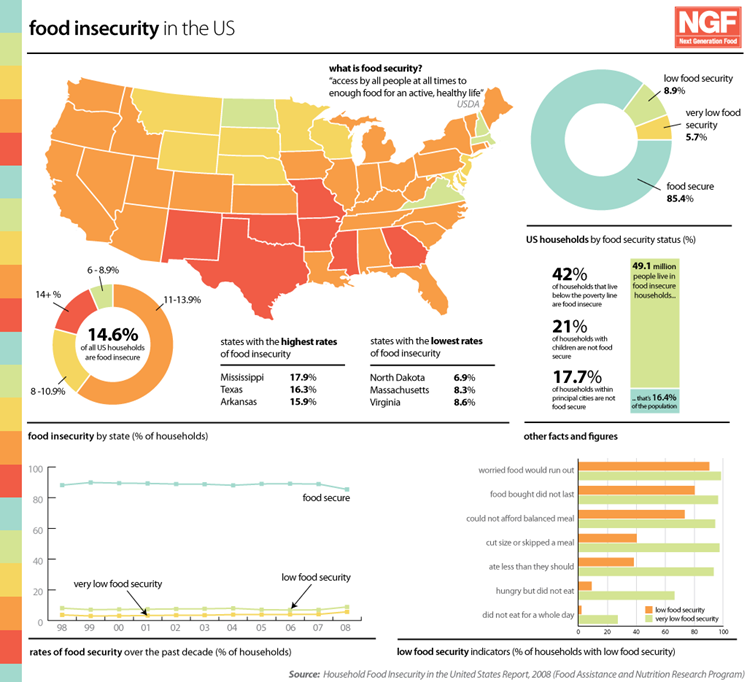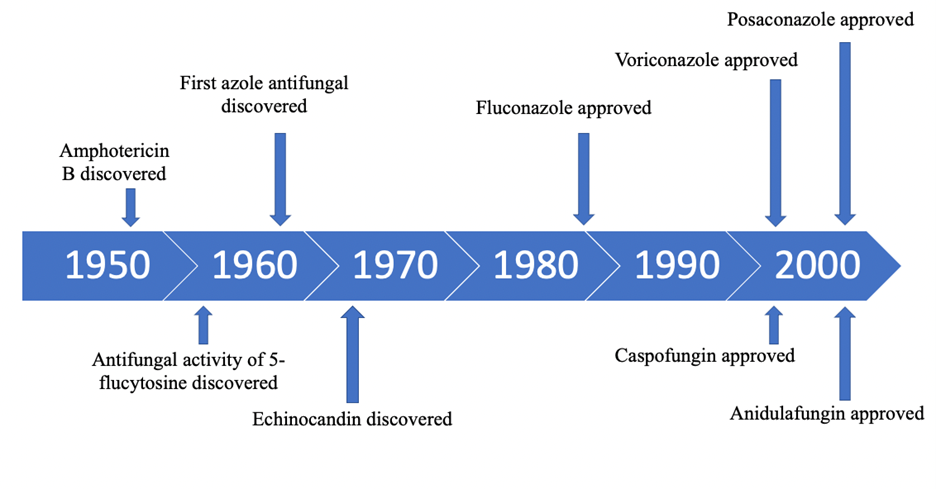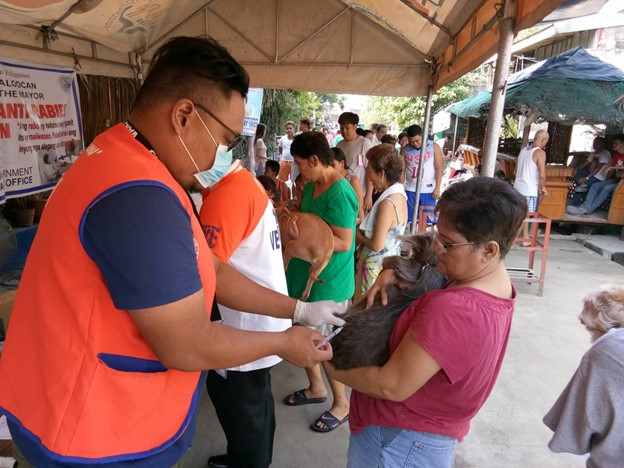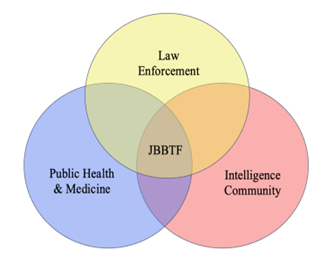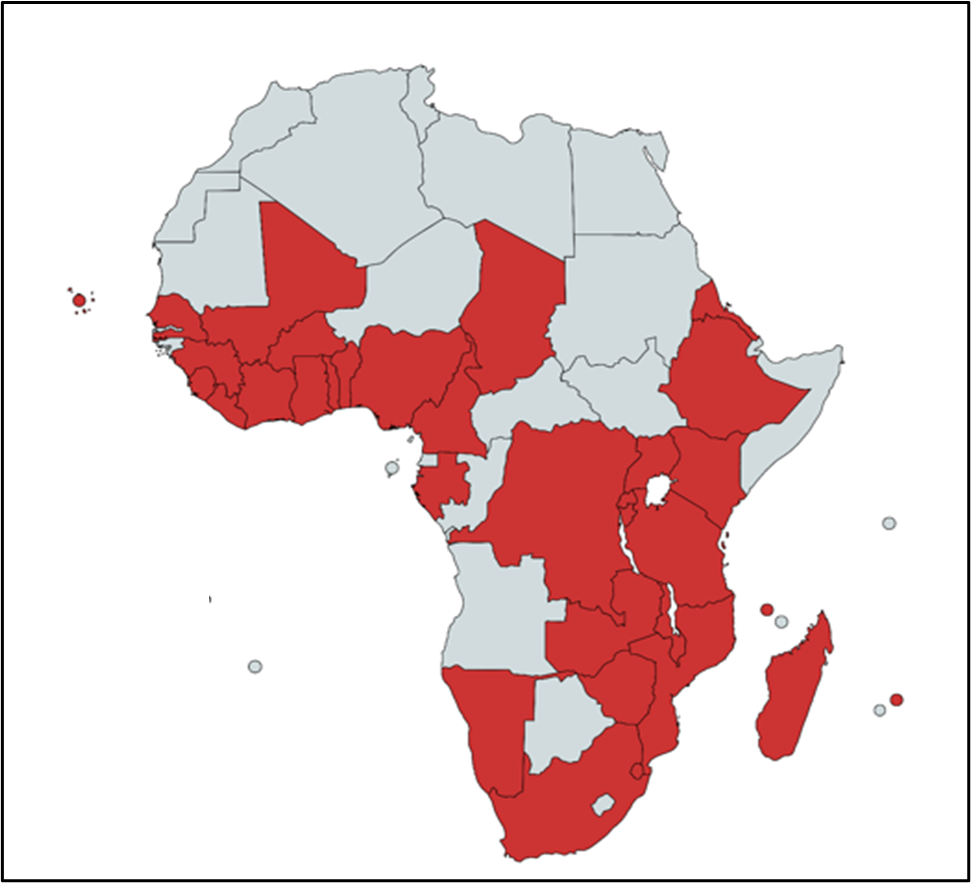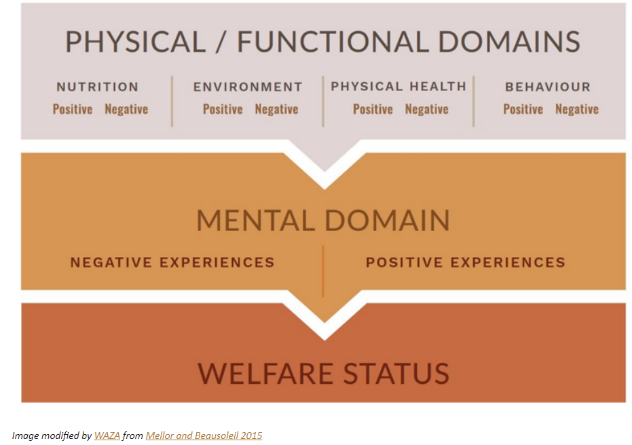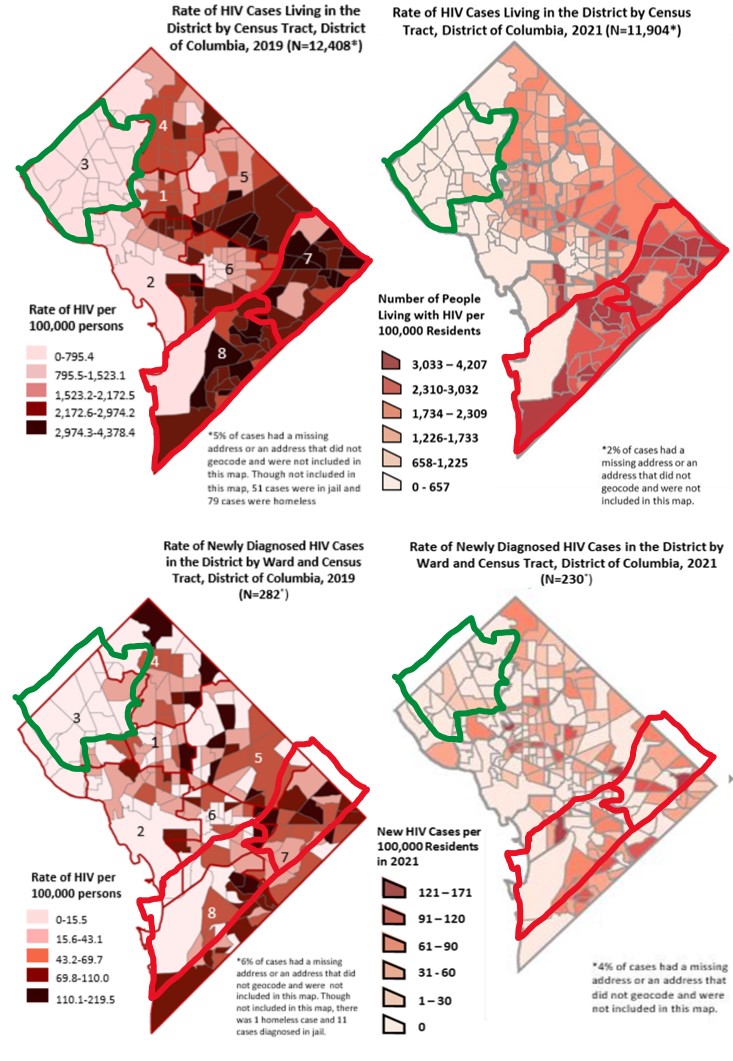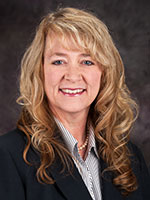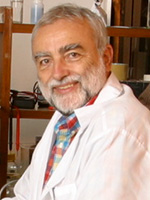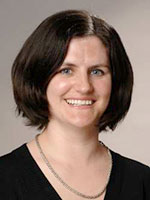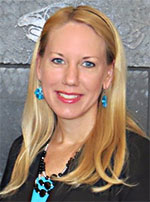One Health Newsletter
| One Health Newsletter: Volume 15 Issue 1
September 2023 The theme of this issue is One Health, Policy, and International Perspectives. All of the articles below display exciting applications of the One Health concept. This issue of the One Health Newsletter was written by professionals, post doctoral associates, and graduate/veterinary students with the assistance of our faculty editorial board and guest contributors. |
|
Micro-Editorial: One Health, Policy, and International PerspectivesA thematic overview and introduction to this OHNL. |
|
Food Security and the Soil MicrobiomeBy Marian Flaxman
The degradation of the soil microbiome is a threat to food security and is inherently a global “One Health” issue, requiring the consideration of complex interactions between soil health, human and animal health, environmental health, and ultimately, food and nutrition security. |
|
Strategies to Reduce Food Insecurity Associated with Global Antifungal UseBy Noah Gold
The emergence and spread of fungi in agriculture represents a growing social and public health problem that requires multidisciplinary solutions in line with the tests expected in our changing environments. |
|
Breaking Silos: One Health in Action in the PhilippinesBy Toni Rose (Cookie) M. Barroga
The continuous threat of emerging and re-emerging diseases has reinforced the need for international health leaders and countries to address diverse global disease concerns with the unified One Health approach. |
|
Border Biodefense: A Joint Task Force for the Fortification of United States National Security and Public HealthBy Elijah Urquhart
A case study to analyze border biosecurity challenges that pose not only a threat to human and animal health, but to the entire One Health apparatus. |
|
Managing Antimicrobial Resistance in Ethiopia: Some Lessons for Other African CountriesBy Eyoel Abebe Hailegabriel
Implementing national action plans to address AMR in African countries faces numerous challenges, including inadequate technical and financial resources, lack of political commitment, and limited understanding of AMR’s impact on national progress. |
|
iMOVES Summer 2022 Course: Food Safety, Public Health, and Animal Welfare in Terrestrial and Aquatic AnimalsBy Lauren Davis
From foodborne pathogens to aquatic sustainability to zoo animal enrichment, iMOVES continues to show the interdisciplinary thought processes and tools that are required to be successful. |
|
Exploring the Relationship Between Anthropology and Public Health: Interview With Dr. Steven CorbettBy Jenny Masculine An interview with Dr. Steven Corbett, where he shares his experiences and perspectives about the relationship between anthropology and public health. |
|
A Comprehensive Analysis of the HIV Epidemic in Washington, District of ColumbiaBy Julia Leas
Washington, D.C., serves as a microcosm of the global HIV epidemic, highlighting the disparities which define and perpetuate this disease. |
|
Anna Pees’ Journey Involving Interdisciplinarity, Veterinary Regulation, and Multiple ‘Wildcat’ InstitutionsBy Alex Lindemann and Dr. Justin Kastner The career path of Dr. Pees is an example of how a passion for One Health can be the driving force behind an incredibly diverse career. |
|
One Health Newsletter - Call for Articles for the Next Issue |
|
|
The theme for the next One Health Newsletter is History of Public Health and One Health. We are calling all One Health advocates, students and professionals, to submit article ideas on this topic and other One Health topics to onehealthenews@ksu.edu. The expected distribution for the next newsletter will be September 2024. |
|
For other One Health news and events, please visit... |
|
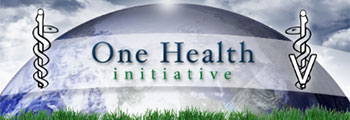 |
 |
|
One Health Academy The One Health Academy supports a monthly seminar series that aims to enhance interdisciplinary collaborations, networking, and informal mentoring among health professionals, industry, and policy makers across various scientific topics that influence human, animal, and ecosystem health. |
 |
|
|
|
Faculty Editorial Board |
|
|
|
|
|
|
|
|
|
|
Student Editors |
|
|
Amelia Brady A graduate student in the Master of Public Health program at Kansas State University, Amelia's general focus is in infectious disease and zoonosis, and she hopes to concentrate in epidemiology. She obtained a B.S. from the University of Missouri - Kansas City in Public Health. A particular interest for her is how socioeconomic status can affect vaccination rates within communities, particularly COVID-19 vaccination rates. Sierrah Haas is a spring 2023 graduate of the Master of Public Health program at Kansas State University who concentrated in infectious diseases and zoonoses. She obtained her B.S. in public health from the University at Albany in New York in the spring of 2021. Outside of academia, Sierrah enjoys spending time outdoors. |
|
Authors |
|
|
Alex Lindemann Bio Alex Lindemann is a recently graduated DVM practicing companion animal medicine in the Minneapolis/St. Paul area. He is working on completing his master’s degree in public health from Kansas State University. Alex has conducted research on agricultural economics, transboundary disease, and Highly Pathogenic Avian Influenza. In the future he hopes to use his experience in Public Health to emphasize his passion for the One Health Initiative during his career in veterinary medicine. Email: lindyman@vet.k-state.edu Affiliation Kansas State University, Master of Public Health Program |
|
|
Dr. Justin Kastner Bio Justin Kastner is a professor in the College of Veterinary Medicine and teaches courses on international trade, the food system, and veterinary/environmental public health. He has led several U.S. Departments of Homeland Security and Agriculture-funded capacity-building (USDA Cochran program) training-grant programs for foreign governments (Egypt, Thailand, Malawi, Kenya, Uganda, Honduras, El Salvador, Guatemala, St. Lucia, St. Vincent and the Grenadines, Grenada, and Paraguay). Email: jkastner@vet.k-state.edu Affiliation Kansas State University |
|
|
Marian Flaxman Bio Marian Flaxman is a policy consultant and researcher specializing in nutrition and health policy, the human microbiome, and the ways that environmental and agricultural policy impact human health. When she is not writing, researching, or trying to solve complex problems, she can be found in the kitchen, in the gym, or with her three children. Email: mff54@georgetown.edu Affiliation Georgetown University, Biomedical Science Policy & Advocacy. |
|
|
Julia Leas Bio I hold a BA in Psychology and am currently working on an MS in Biomedical Science Policy and Advocacy (BSPA) at Georgetown University. My domain of interest lies at the intersection of science and public health, learning how to translate evidence-based research into understandable and effective public health policy. Email: jnl49@georgetown.edu Affiliation Biomedical Science Policy and Advocacy Program, Biomedical Graduate Education, Georgetown University |
|
|
Elijah Urquhart Bio Elijah currently attends Georgetown University where he is a master’s student in the Biohazardous Threat Agents and Emerging Infectious Diseases program. At Georgetown, his research primarily involves biodefense efforts and Weapons of Mass Destruction threat reduction. Previously, Elijah attended the University of North Carolina at Chapel Hill. At UNC-CH, he completed a BS double major of Biology and Peace, War, & Defense. Affiliation Georgetown University, Biohazardous Threat Agents and Emerging Infectious Diseases Program Email: edu2@georgetown.edu |
|
|
Eyoel Abebe Hailegabriel Bio. Graduated B.S. in Pharmacology and Toxicology from the State University of New York at Buffalo in 2020. Following his graduation, he joined the Partnership for Aflatoxin Control in Africa (PACA) under the African Union, where he had the opportunity to contribute to the efforts of assisting multiple African countries in applying multi-criteria decision support tools to prioritize interventions and developing food safety master plans. Email: eh958@georgetown.edu Affiliation Georgetown University, MSc Biohazardous Threat Agents and Emerging Infectious Diseases. |
|
|
Jenny Masculine Bio Jenny Masculine is a Population Health Epidemiologist with Clackamas County, Oregon. Jenny is also an MPH graduate in Infectious Disease and Zoonoses from Kansas State University. Affiliation Kansas State University, Master of Public Health Program |
|
|
Lauren Davis Bio Lauren Davis is the Global Head of Operations at CloverLeaf Animal Welfare Systems. Lauren is also an MPH graduate in Food Safety and Biosecurity at Kansas State University. Email: ldavis12@ksu.edu Affiliation Kansas State University, Master of Public Health Program |
|
|
Noah Gold Bio Noah Gold is an alumnus from Georgetown University with a Master of Science degree in biohazardous threat agents and emerging infectious diseases. His interests include global health, one health, and health defense. Email: ng708@georgetown.edu Affiliation Georgetown University, MSc Biohazardous Threat Agents and Emerging Infectious Diseases |
|
|
Toni Rose “Cookie” Barroga Bio Toni Rose Barroga is currently affiliated with Philippines’ national veterinary services (VS), Department of Agriculture-Bureau of Animal Industry (DA-BAI). Cookie, as she is most commonly known, is a veterinarian in her home country where she is largely involved in policy making related to animal health, border control, local and international trade, market access, among others. Before joining the VS, Cookie handled several internationally funded One Health projects (Rabies and Antimicrobial Resistance) in the Philippines where she helped in the formulation of strategic tools and activities to intensify surveillance, disease investigation, and public awareness for the prevention and control of these disease concerns. Cookie is currently a 1st year student taking up a Master of Public Health with an emphasis on Infectious Disease and Zoonoses in Kansas State University. Email: tbarroga@ksu.edu Affiliation Philippines’ national veterinary services (VS), Department of Agriculture-Bureau of Animal Industry (DA-BAI) and Kansas State University’s Master of Public Health Program |
|
Web layout for the One Health Newsletter edited by Joe Montgomery, Director of Communications, College of Veterinary Medicine at Kansas State University.
One Health Newsletter
The One Health Newsletter is a collaborative effort by a diverse group of scientists and health professionals committed to promoting One Health. This newsletter was created to lend support to the One Health Initiative and is dedicated to enhancing the integration of animal, human, and environmental health for the benefit of all by demonstrating One Health in practice.
To submit comments or future article suggestions, please contact any of the editorial board members.
